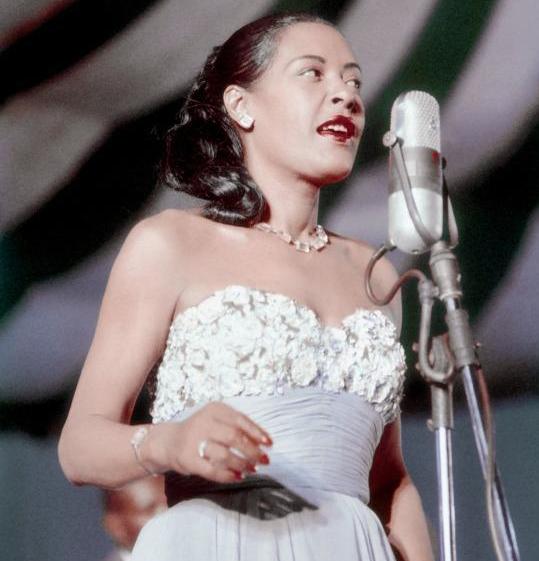The story and staying power of ‘Strange Fruit’
April 7 marks the 100th birthday of American jazz singer Billie Holiday. Her life and early death at age 44 have been the inspiration for generations of singers, from Janis Joplin to Amy Winehouse. She has become the very definition of both the glorious strong-willed diva and the tragic lonely chanteuse. One hundred years later, Holiday is still the source of inspiration, examination, and countless remakes. However, forgotten in her legacy is the woman who risked her own safety and career, stood up to power brokers, and held a mirror to a racist nation with the recording of “Strange Fruit,” a piece that Time magazine called the “song of the century.” The song is about black lynchings written by Abel Meeropol.
…It really opens the wound completely when you think of a man hanging from a tree and to call him strange fruit.
Nina Simone, American singer-songwriter and civil rights activist
Holiday released 38 charting singles during her lifetime, but “Strange Fruit” is arguably the most enduring of her recordings. It also stands as one of the biggest acts of musical bravery in recorded history — alongside Bob Dylan’s “Only a Pawn in Their Game,” Neil Young’s “Ohio,” and Bob Marley’s “War.” Like these other singers, Holiday was an artist at the peak of her powers using her fame for change versus fortune. She believed in an artist’s duty to speak truth to power.
Holiday should live forever as a reminder of what is best about America, and the magical music it has given the world.
Shawn Amos, Yahoo Music writer

Arts